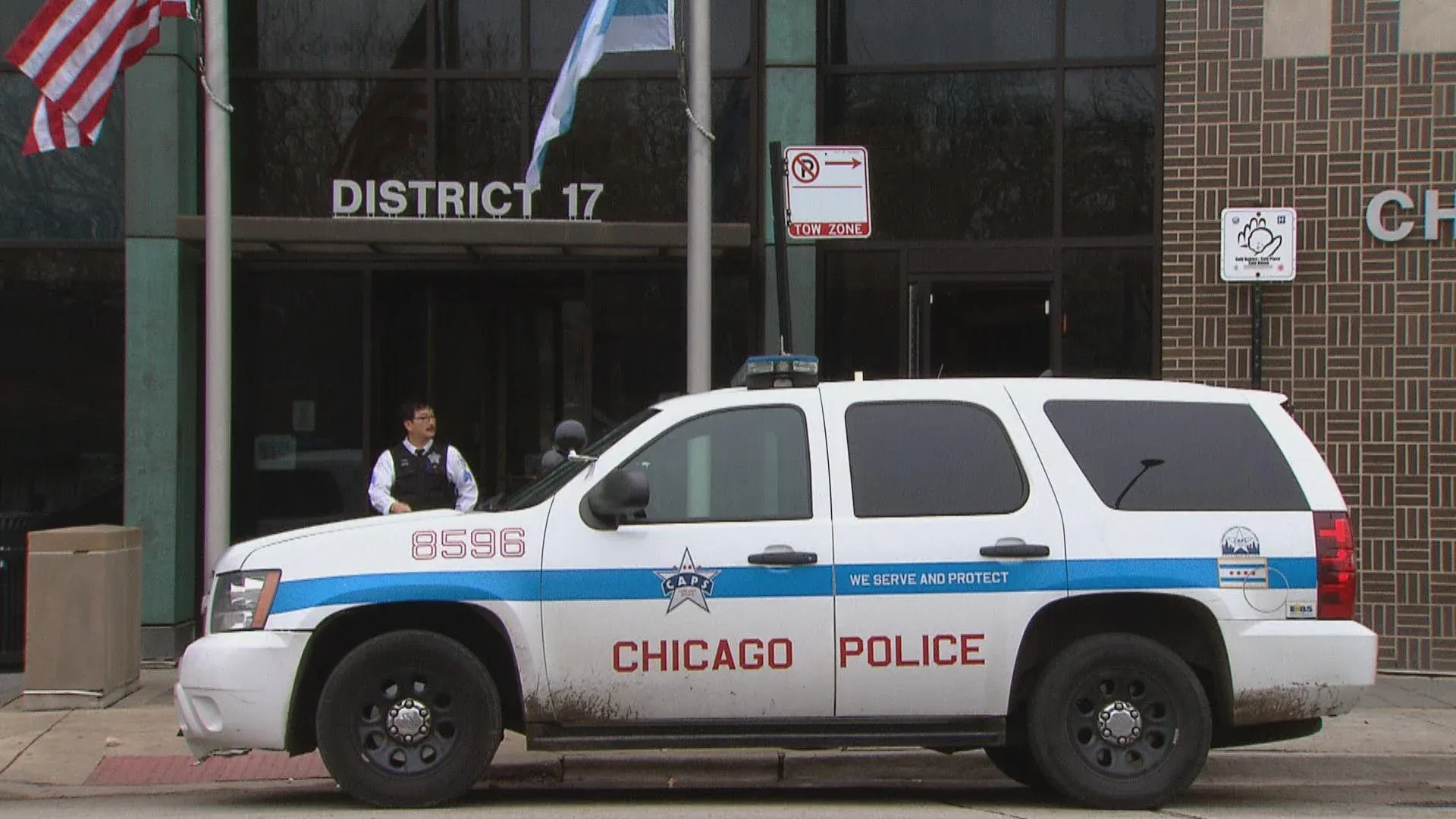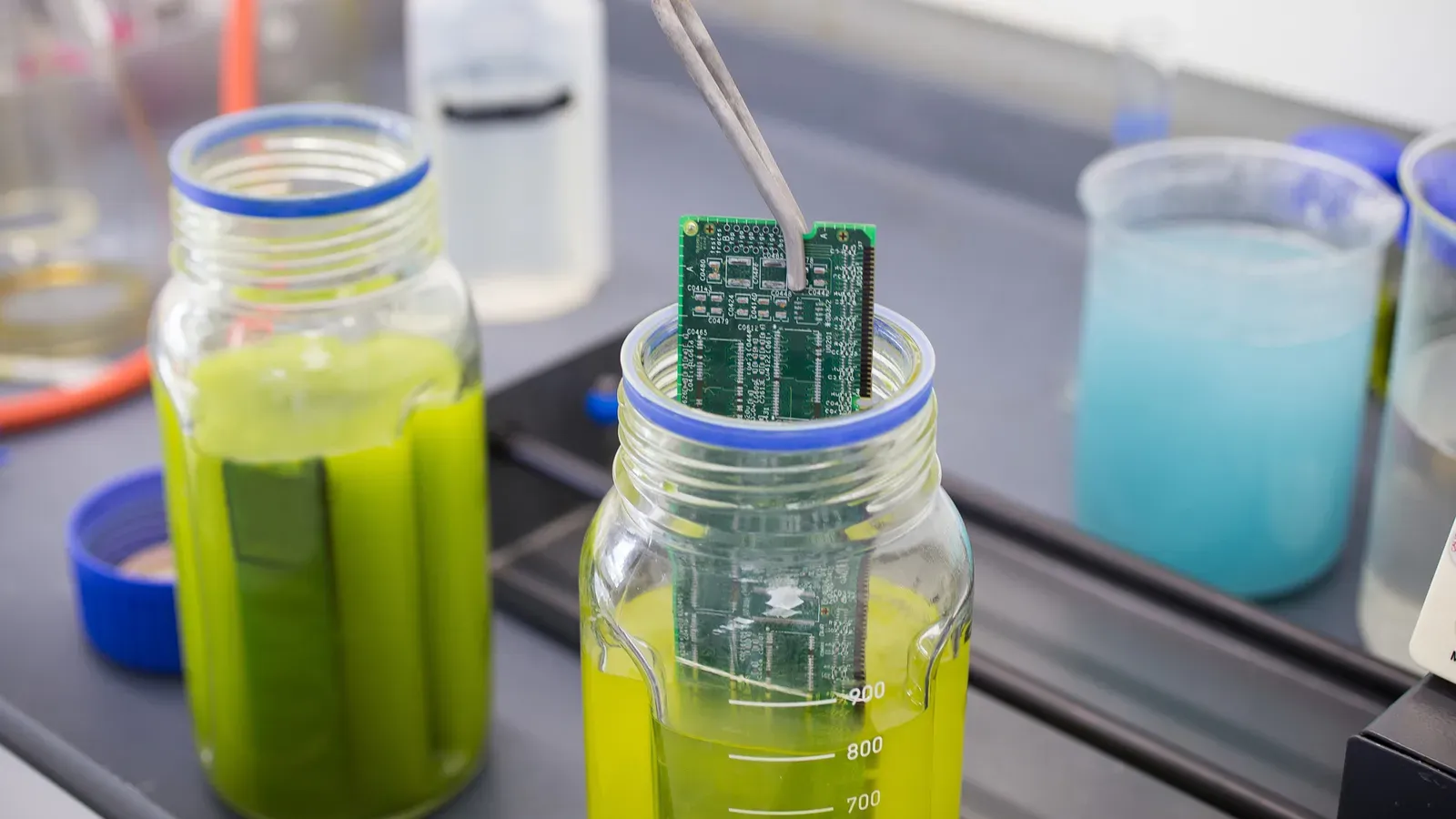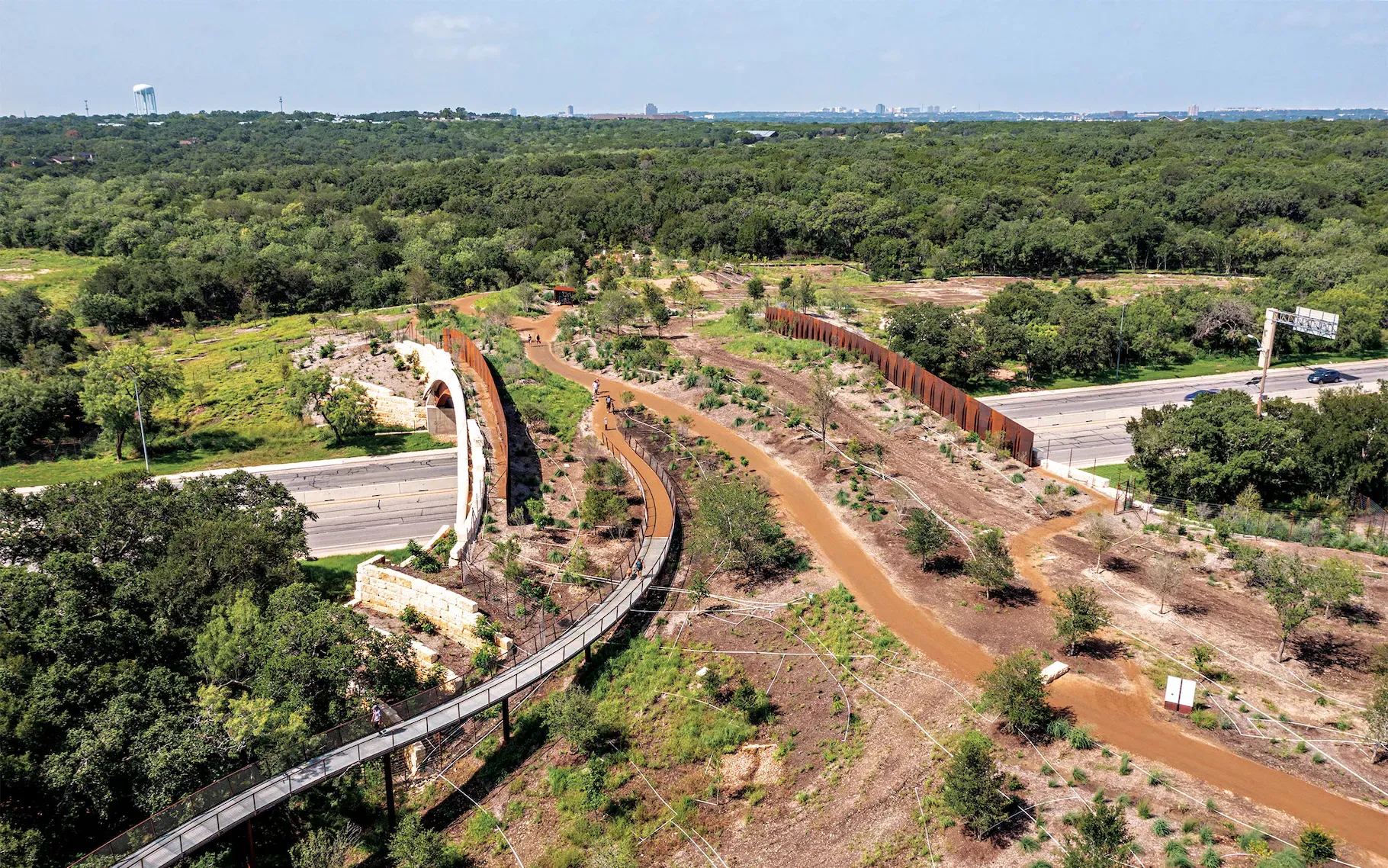This is our weekly roundup of good news from around the world. If you'd like to get this in your inbox, you can subscribe for free below.
Good news you didn't hear about
Despite three years of lost progress caused by the pandemic, the proportion of the world's children living in extreme poverty fell from 20.7% to 15.9% between 2013 and 2022. Overall, 49.2 million children were lifted out of extreme poverty during this period. In the absence of COVID-19, estimates suggest this number would have been almost 80 million. World Bank
Humanity is making slow but steady progress in tackling leprosy, a disease that has been with us for thousands of years. Last year, 174,087 new cases were reported globally, a decline of around 20% since 2013. Public health officials are now talking about the possibility of eliminating leprosy within our lifetimes. WHO
India represents one of the greatest stories of progress in human history. At the time of its independence in 1947, it was mostly an agricultural economy of 340 million people, with a literacy rate of only 12% and a life expectancy of only 32 years. Today, it is changed beyond all recognition, with drastic improvements in every measure of life, health, wealth, safety, literacy, and sustenance.
Crime rates in the three biggest cities in the United States have plummeted this year. In New York, murder rates are down 9.7%; Chicago has recorded an 8% drop in homicides and a 15% decline in shooting victims; and in Los Angeles, violent crime is down 7.3% and the homicide rate has fallen by 24.4%. Why aren't news organisations reporting this?

The number of human beings without access to electricity increased last year for the first time in decades, rising by 6 million to 760 million. However, the IEA says things are now improving again, with the number of people without access projected to decrease to 745 million by the end of 2023.
The EU has voted to clean its air by setting tough limits on pollutants in a move that experts say will save many of the 300,000 lives that are lost to air pollution in Europe each year. Current rules permit the annual average concentration of fine particulate matter to be as high as 25 micrograms/cubic meters. The new law will reduce these concentration limits fivefold by 2035.
A free language app called Daariz that was launched in 2021 is now helping over 410,000 people in the Horn of Africa learn to read and write; and in Ghana, 21,500 healthcare workers have been trained over the last two years to respond to emerging health challenges and to help build a resilient health system.
It's official. The global COVID-19 vaccination campaign is the fastest and most successful of all time. As of June 1, 2023, coverage exceeded 59% in lower-middle-income countries and has increased by nearly 25% in low-income countries in the last 18 months. In Africa, vaccination rates have increased more than sixfold from 4.5% in December 2021 to 30% today. USAID

In Senegal, a pilot project for 900 girls aged 10-17 that promotes maternal and adolescent health and empowerment has been such a success that it is now being rolled out across other parts of the country, enrolling 50,000 more young girls with the aim of breaking the cycle of generational poverty.
In 2012, Nigeria partnered with UNICEF and aid agencies from the UK to improve access to learning for girls in six states in northern Nigeria. After ten years of implementation, girls’ enrolment has skyrocketed from 1.76 million to 2.87 million, a 64% increase; gender parity increased from 0.73 to 0.97; and the proportion of girls completing primary school increased from 57% to 87%.
The UK's Office for National Statistics has published its latest data on the country's adult smoking habits, showing a continued and dramatic decline in smoking over the last decade. Between 2011 and 2022, the proportion of adults who smoke fell from 20.2% to 12.9%. That's a lot less lung cancer to worry about. ICAEW
The number of people covered by essential health services has increased substantially since 2000. At the turn of the century, 68 countries had low levels of coverage; by 2021, that was down to 14. The number of countries with very high coverage levels improved from 1 to 42 during the same period. Although progress has stagnated in recent years, it's still an extraordinary achievement. WHO

The only home we've ever known
Peru has struck its third debt-for-nature swap agreement with the United States, redirecting $20 million of international debt to environmental efforts in the Amazon rainforest. The US has now made 13 debt-for-nature and debt-for-climate swaps in Latin America and 22 worldwide, including with Bangladesh, Botswana, Indonesia, Jamaica, and the Philippines. Mongabay
California has codified its 2020 pledge to protect 30% of land and coastal waters by 2030 with the passage of a new bill. Gavin Newsom has also signed a landmark climate disclosure bill that will require public and private companies that make more than $1 billion annually and operate in California to publicly disclose their greenhouse gas emissions.
The UK's Royal Mint will start turning e-waste into gold later this year thanks to a new factory that can process 90 tonnes of circuit boards every week to recover hundreds of kilograms of gold per year. It's an encouraging development in the burgeoning field of 'urban mining.' BBC

The Azores bullfinch, one of Europe’s most endangered birds, has bounced back from the brink of extinction after 20 years of habitat restoration in Portugal. In the 1990s the bird’s population fell to a critical level of around 100 breeding pairs, but today, thanks to conservation efforts and increased availability of food and nesting habitats, there are 1,300 birds. Smithsonian
Hundreds of communities around the US will share $1.13 billion in federal money to help them plant and maintain trees under a program intended to reduce extreme heat, benefit health, and improve access to nature. The tree-planting efforts will be focused on marginalized areas in all 50 states as well as Washington, D.C.; Puerto Rico; the Virgin Islands; and some tribal nations. Guardian
The reversal of a Trump-era rule will restore the power of Native American tribes to block energy projects that could pollute local rivers and streams. Meanwhile, 2.8 million hectares of forest in eastern Oregon and southeast Washington state may soon be protected, after a federal court judge ruled against another Trump-era rule that allowed for the logging of old-growth forests.
Since the 1990s, wildlife bridges have been popping up along major stretches of highway in Texas to 'guide wildlife to pass under the road rather than over it and reduce wildlife vehicle collisions.' To date, there are 32 wildlife crossings, and 21 of them are built in locations intended to specifically protect endangered animals like ocelots and the Houston toad. Chron

The Pacific Alliance has halted deep-sea mining off the coast of Papua New Guinea to figure out whether it’s possible to mine the seabed below 200 meters without damaging ecosystems and fisheries; and in New Caledonia a shark cull has been suspended, citing the 'absence of precise scientific studies both on the size of tiger and bull shark populations and the environmental impact of removing them.'
Pristine Seas, the organisation founded by ocean explorer Enric Sala, has helped protect 6.5 million km2 of ocean and coastline, an area twice the size of India. They're now embarking on a five-year mission to map the Pacific Ocean and 'document the complex links between marine ecosystems and the lives they support on land.' Time
A timber giant has withdrawn its defamation suit against Indigenous forest defenders in Borneo and their #StopTheChop and #StopTheSLAPP campaigns. 'Indigenous-led human rights and environmental defenders can be proud of not backing down and upholding the community’s right to free speech.' Aliran
A few more home runs
The first-ever comprehensive survey of elephants in southern Africa’s biggest conservation area has recorded a stable population of 227,900, up by 5% since 2016. Ecuador plans to reintroduce 12 endemic bird and turtle species to the Galapagos Islands. The EU will boost the Amazon Rainforest Protection Plan to the tune of $260 million euros. The UK is ‘supercharging’ peatland restoration with new funding for 12 projects across 35,000 hectares. In Bolivia, a new nature reserve will protect critical a condor habitat. Brazil is reinstating stronger greenhouse gas commitments it made in 2015 as part of the Paris Agreement. A ring of disused train tracks around Paris known as the Little Belt has been transformed into a semi-wild oasis to help the city deal with rising heat.

That's all for this edition, thanks for reading and we'll see you next week :)
With love,
FC HQ





